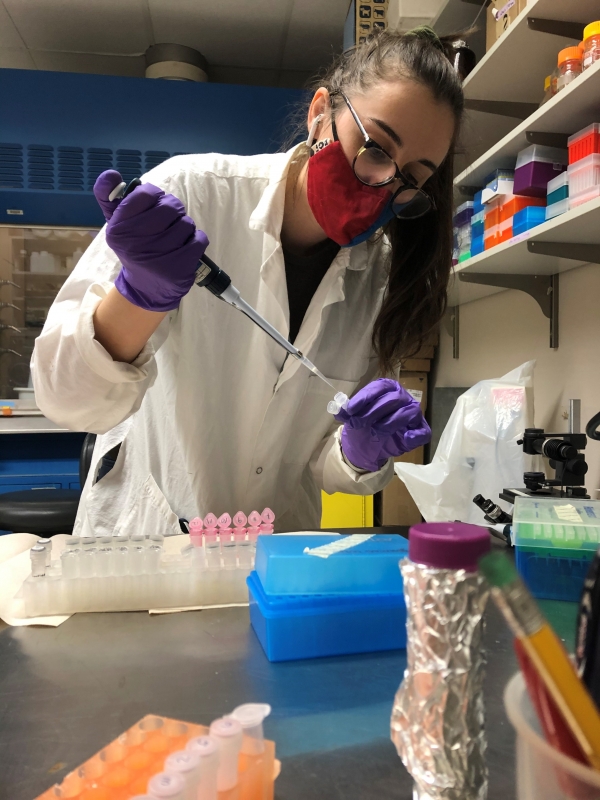Fish exposed to some pesticides at extremely low concentrations for a brief period of time can demonstrate lasting behavioral changes, with the impact extending to offspring that were never exposed firsthand, a recent study found.
Fish exposed to some pesticides at extremely low concentrations for a brief period of time can demonstrate lasting behavioral changes, with the impact extending to offspring that were never exposed firsthand, a recent study found.
The findings raise concerns not just for fish, but for all vertebrates that are exposed to commonly used pesticides — including humans, said study co-author Susanne Brander, an associate professor and ecotoxicologist in Oregon State University’s Hatfield Marine Science Center.
“This exposure is happening not just to these fish, but to all aquatic organisms in areas that are receiving runoff from areas populated by humans,” Brander said. “It’s safe to say that we’re seeing influences at the population level if fish that were exposed for a few days as embryos and larvae are then producing offspring that are developmentally deformed, or males that are not able to produce as much sperm.”
Climate change is also expanding the geographic range of many insect species, leading to increased and more widespread pesticide use in both agricultural and residential settings, and increasing the potential for more organisms to be exposed to harmful chemicals.
Read more at Oregon State University
Image: Researcher Sara Hutton, a Ph.D. graduate of OSU, extracts RNA for qPCR to test gene expression of genes effected by pyrethroid exposure in the different generations of inland silverside fish. (Credit: Sara Hutton)




